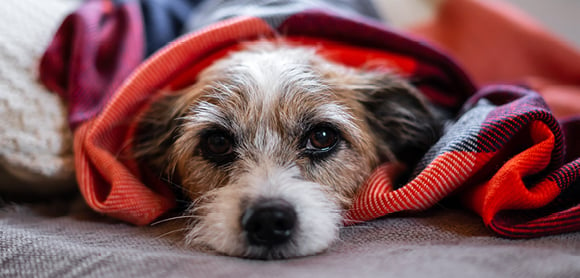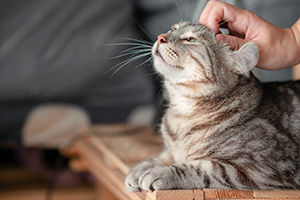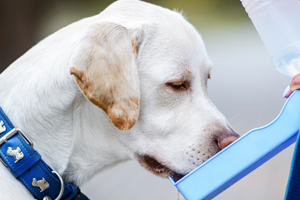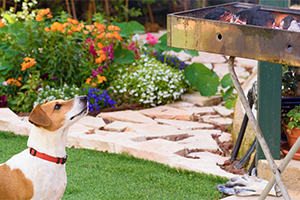To keep your pets safe at Christmas, Cat advises: ‘Keep everything edible out of your pets' reach – mince pies on the side or left out for Santa are commonly snaffled by dogs!
‘Don’t let your pet have access to any decorations unless you’re with them. Baubles, tinsel and fairy lights are all very tempting to our pets, and if our backs are turned, they can easily get themselves into trouble by trying to play with them.
'Finally, don’t share too much of your Christmas dinner with your pets. It’s nice to include them in the festivities, but make sure anything you offer is nice and plain, so no gravy or anything fatty. Their tummies often find this too much and it can easily cause an upset.’
It also helps to keep the following in mind:
● Stick to your pet’s regular food and exercise routine to avoid stress and upset stomachs
● Secure your Christmas tree and tidy away loose cables from lights or other decorations
● Never leave pets unattended around open fires or candles
● Avoid bringing toxic plants, such as holly and mistletoe, into the home
● Ensure you have enough medication or prescription food to last through the holidays (if applicable)
● Keep a first aid kit to hand and ensure your pet first aid skills are up to scratch
By following these tips and understanding how to access emergency pet care, you can keep your pet safe during the holidays and minimise the chances of injury.










.jpeg)

.jpeg)
.jpeg)


